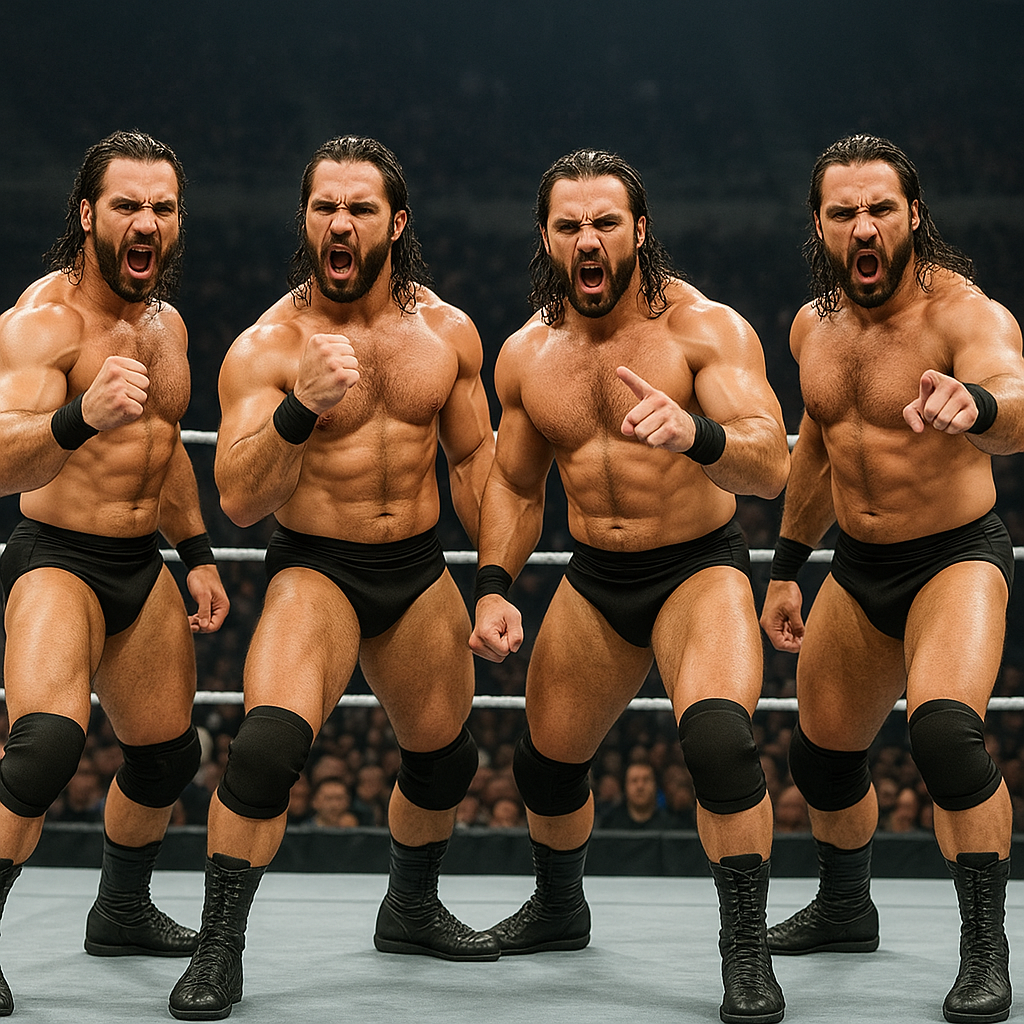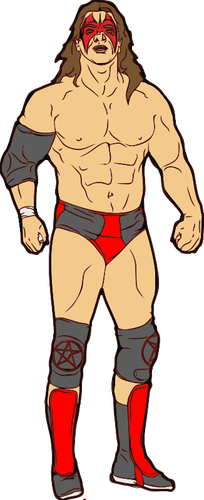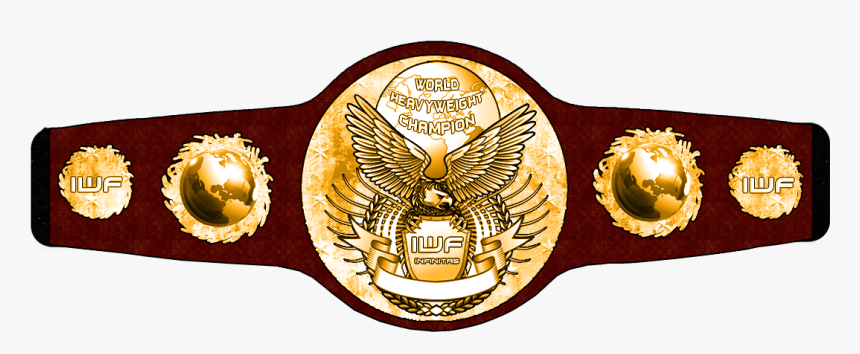Whether or not Christians should be involved in professional wrestling is a deeply personal decision that depends on the individual's convictions, the environment they are in, and how they conduct themselves within that environment. Here’s a biblically grounded breakdown of how a Christian might approach involvement in pro wrestling:
Reasons a Christian Can Be Involved in Wrestling
1. A Platform for Light in a Dark World
Like any entertainment industry, pro wrestling can be a mission field. A Christian wrestler can represent Christ by how they speak, act, and treat others backstage and in the ring.
“Let your light so shine before men, that they may see your good works, and glorify your Father which is in heaven.” — Matthew 5:16
2. Using God-Given Talents
Wrestling requires athletic ability, creativity, and charisma. If God has gifted someone in these areas, they can be used for His glory—especially when the wrestler maintains integrity and humility.
“Whatever you do, do it heartily, as to the Lord and not to men.” — Colossians 3:23
3. Being a Role Model
A Christian wrestler can be a positive influence for young fans, especially in a culture that often glorifies vulgarity and rebellion.
Cautions for Christians in Wrestling
1. Moral Compromise
Many promotions encourage profanity, sexual content, violence, or ungodly storylines. A Christian must be cautious not to compromise their witness for the sake of popularity or paycheck.
Do not be conformed to this world, but be transformed by the renewing of your mind…” — Romans 12:2
2. Pride and Ego
Wrestling is built on showmanship, and ego can easily take center stage. Christians are called to humility.
“God opposes the proud but gives grace to the humble.” — James 4:6
3. Unequally Yoked Partnerships
A believer may find themselves partnering with or working for people who promote ungodly content. This requires spiritual discernment.
“Do not be yoked together with unbelievers…” — 2 Corinthians 6:14
Things a Christian Wrestler Should Consider:
Can I represent Christ here without compromise?
Am I being a light in the locker room and to the fans?
Do my promos, attire, and actions honor God?
If a child or church member watched my match, would they be edified or ashamed?
Am I willing to say “no” to things that conflict with my faith, even if it costs me bookings or fame?
Real-Life Examples
Wrestlers like Shawn Michaels, Ted DiBiase, and Sting (Steve Borden) have publicly spoken about their Christian faith and how it transformed their approach to wrestling. After living worldly lifestyles, they returned to wrestling with a renewed purpose—to reflect Christ even in the ring.
Final Thoughts
Wrestling in itself is not inherently sinful. But the way one participates matters greatly. If a Christian can maintain purity, humility, and a Christ-like witness in that environment, then yes—they can and perhaps should be involved. But if the culture or content continually pulls them into compromise, it may be wise to walk away.
“Whatever you do, do all to the glory of God.” — 1 Corinthians 10:31
.png)


.png)








